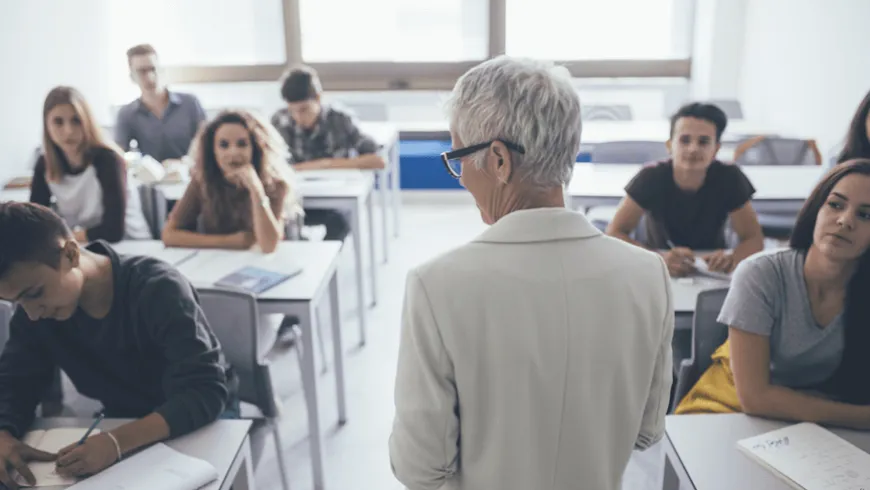
This course is structured to offer teacher candidates opportunities to practice and expand personal use of various kinds of hardware and software and use technology in the design of curriculum for constructivist teaching and learning. Students will apply learning theory to evaluate quality technology experiences and make informed decisions about social and ethical issues involving technology. They will also develop strategies to explore new and emerging educational technologies.
The aim of this course is to delve into the knowledge of a number of teaching methods based on different approaches, techniques and materials, but always focused on students of bilingual schools. Students will work on the CLIL methodology, multiple intelligences, cooperative learning and different approaches aimed to children with special educational needs.
This course focuses on techniques and effective methods to maintain a safe and productive environment in the classroom. The importance of students' and teachers' personalities and how these affect the learning process and ways of improving it will also be studied.
Learning theories are processes that explain how people learn. This course will help future teachers understand these theories, including behaviorism, cognitivism, constructivism, transformative learning, and neuro-education, and the effectiveness of each in the classroom.
This course focuses on the methods used by teachers when designing a course. These processes include learning objectives, teaching methods and evaluation of results. Special emphasis will be placed on models that place students as protagonists of their learning and teachers as facilitators of that learning.
This course will guide students in the creation and adaption of classroom materials, effectively taking into account the profile, content, objectives, and educational levels of students. Various activities will also be presented.
Students will develop evaluation and assessment materials for students in schools. The course focuses on the concepts, methods, and practices used in schools to measure student learning.
Education systems are constantly evolving due to the political, economic, social, and cultural influences to which they are exposed. Based on the concept or idea of the education system, this course analyses how different systems have developed and evolved and how they have converged today in an international education system. The similarities and differences between various education systems will also be studied.

